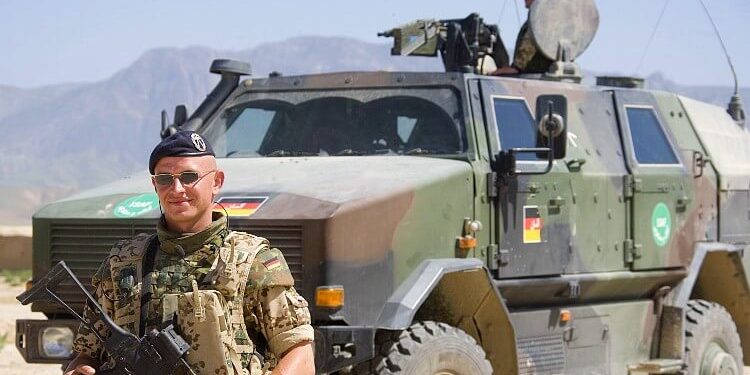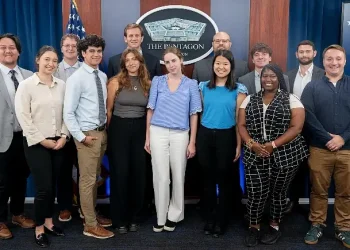U.S. officials, including Secretary of Defense Lloyd J. Austin III and Army Gen. Christopher G. Cavoli, underscore NATO’s continued importance in today’s global security landscape.
They argue that NATO’s worth is “unquestionable,” highlighting its role in maintaining peace and stability in Europe for over seven decades.
Translations: Chinese
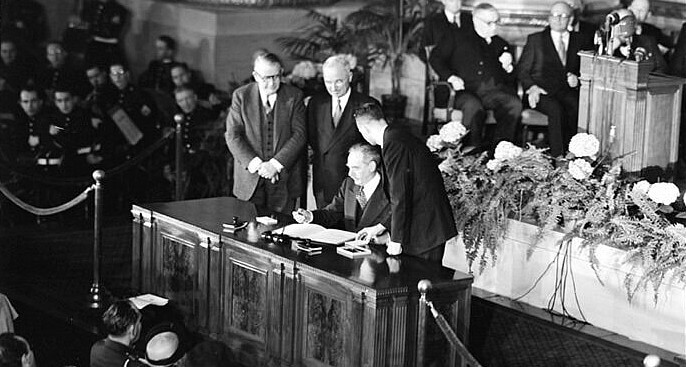
Historical Context
Founded in 1949 as a collective defense alliance against the Soviet threat during the Cold War, NATO has evolved to address various security challenges, including terrorism and cyber threats.
This historical adaptability showcases NATO’s ability to remain relevant in a changing world.
Russian Aggression and NATO’s Response
NATO’s unity and strength were put to the test with Russia’s invasion of Ukraine. This conflict has reinvigorated the alliance’s purpose and led to increased defense spending among member nations.
U.S. officials emphasize NATO’s crucial role in responding to such global threats and maintaining international stability.
Important Themes and Objectives
Theme |
Objective |
|---|---|
| Higher Growth | Driving economic prosperity |
| Safer Streets | Enhancing public safety |
| Secure Borders | Strengthening national security |
| Cleaner Energy | Promoting renewable energy sources |
| More Opportunity | Expanding social and economic opportunities |
| NHS Revival | Reinvigorating the National Health Service |
Sweden’s Potential Membership
The upcoming summit will tackle Sweden’s application to join NATO. Most members back Sweden’s entry, but Turkey has voiced concerns that need resolving.
The potential addition of Sweden, following Finland’s recent membership, demonstrates NATO’s continued relevance and attractiveness.
NATO’s Adaptation
The alliance’s ability to adapt to new challenges, including hybrid warfare, cyber threats, and space-based issues, is seen as crucial for its continued relevance. NATO’s adaptability ensures it can meet modern security demands effectively.
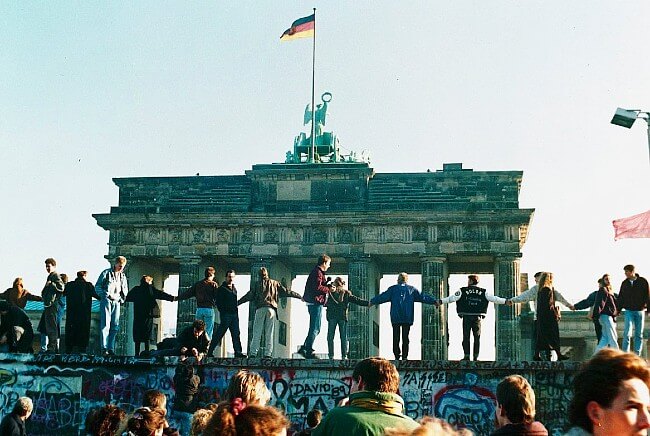
U.S. Commitment to NATO
U.S. officials reaffirm the United States’ strong commitment to NATO, particularly emphasizing the importance of Article 5, which states that an attack on one member is an attack on all. This commitment underscores the alliance’s foundational principle of collective defense.
NATO’s Role in Global Security
Beyond Europe, NATO is recognized for its contributions to global security, including counterterrorism efforts and peacekeeping missions. The alliance’s global reach enhances its ability to address a wide range of security challenges.
Defense Spending
Meeting the agreed-upon target of spending 2% of GDP on defense is seen as crucial for maintaining NATO’s effectiveness. U.S. officials stress the importance of all member nations meeting this commitment to ensure the alliance’s readiness and capabilities.
Challenges and Future Outlook
While celebrating NATO’s successes, U.S. officials acknowledge ongoing challenges, including the need for continued unity in the face of Russian aggression and the importance of adapting to emerging threats.
- Hybrid Warfare: NATO must enhance its capabilities to counter hybrid threats that combine conventional military tactics with cyber and informational warfare.
- Cybersecurity: Strengthening cyber defenses to protect critical infrastructure and data from cyber attacks.
- Space Security: Addressing security challenges related to the increasing militarization of space.
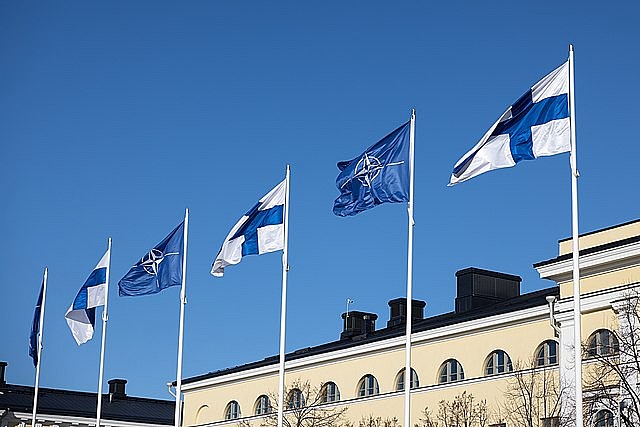
NATO’s Expansion
The potential addition of Sweden (and previously Finland) to NATO is presented as a sign of the alliance’s continued attractiveness and relevance in the current geopolitical context. These new memberships enhance NATO’s collective security and strategic reach.
Technological Advancements
NATO must keep pace with technological advancements, particularly in areas like artificial intelligence and quantum computing, to maintain its military edge. U.S. officials highlight the importance of integrating cutting-edge technologies into NATO’s defense strategies.
The Takeaway
The Vilnius summit offers an opportunity for NATO to reaffirm its unity, discuss strategic priorities, and potentially welcome new members.
U.S. officials’ strong commitment to NATO underscores the alliance’s enduring relevance and importance in maintaining global security.
Sources: THX News, Wall Street Journal, AP, Pew Research Center & US Department of Defense.
Article is based in part on the original article by Jim Garamone for DOD News.



